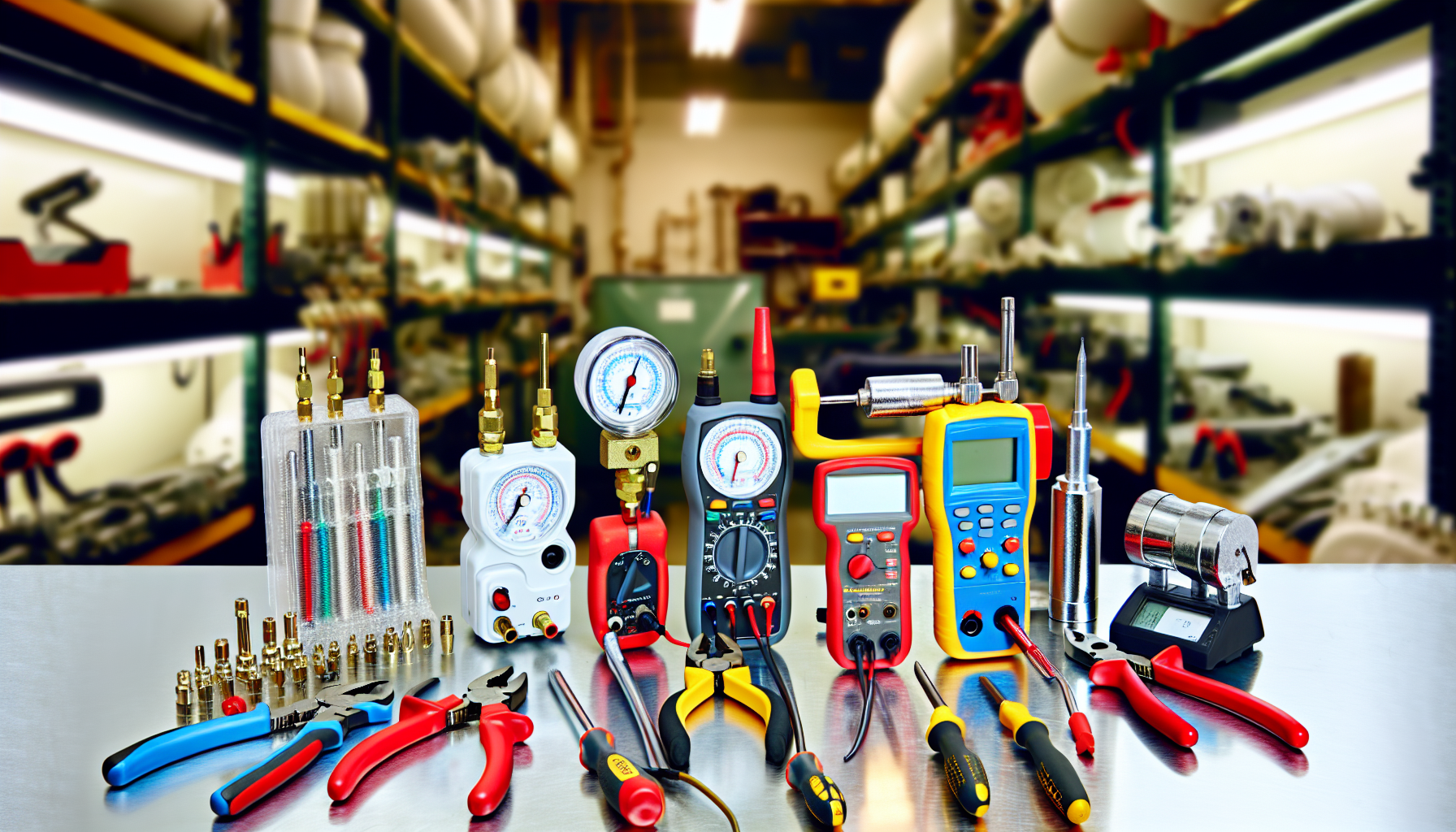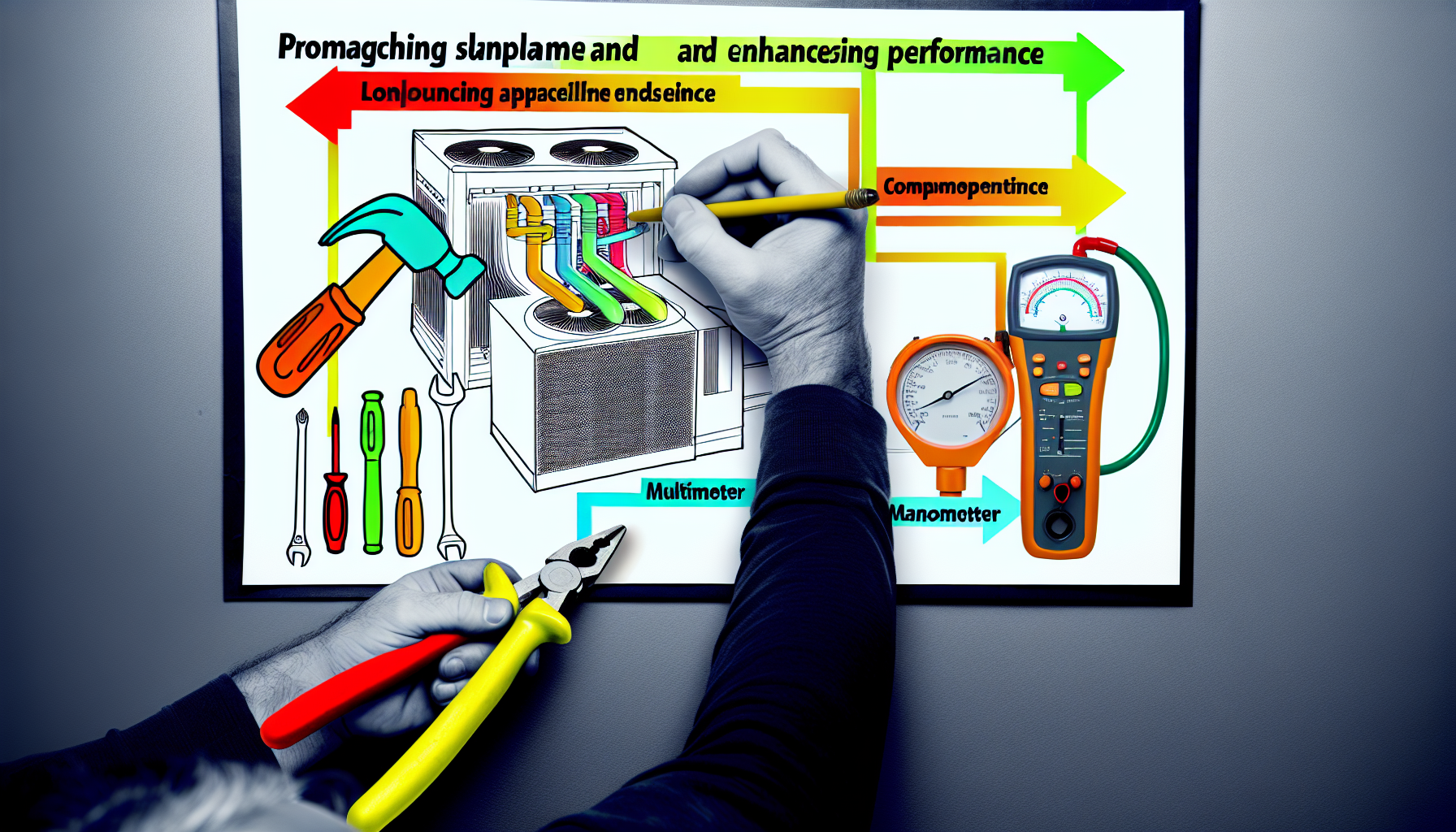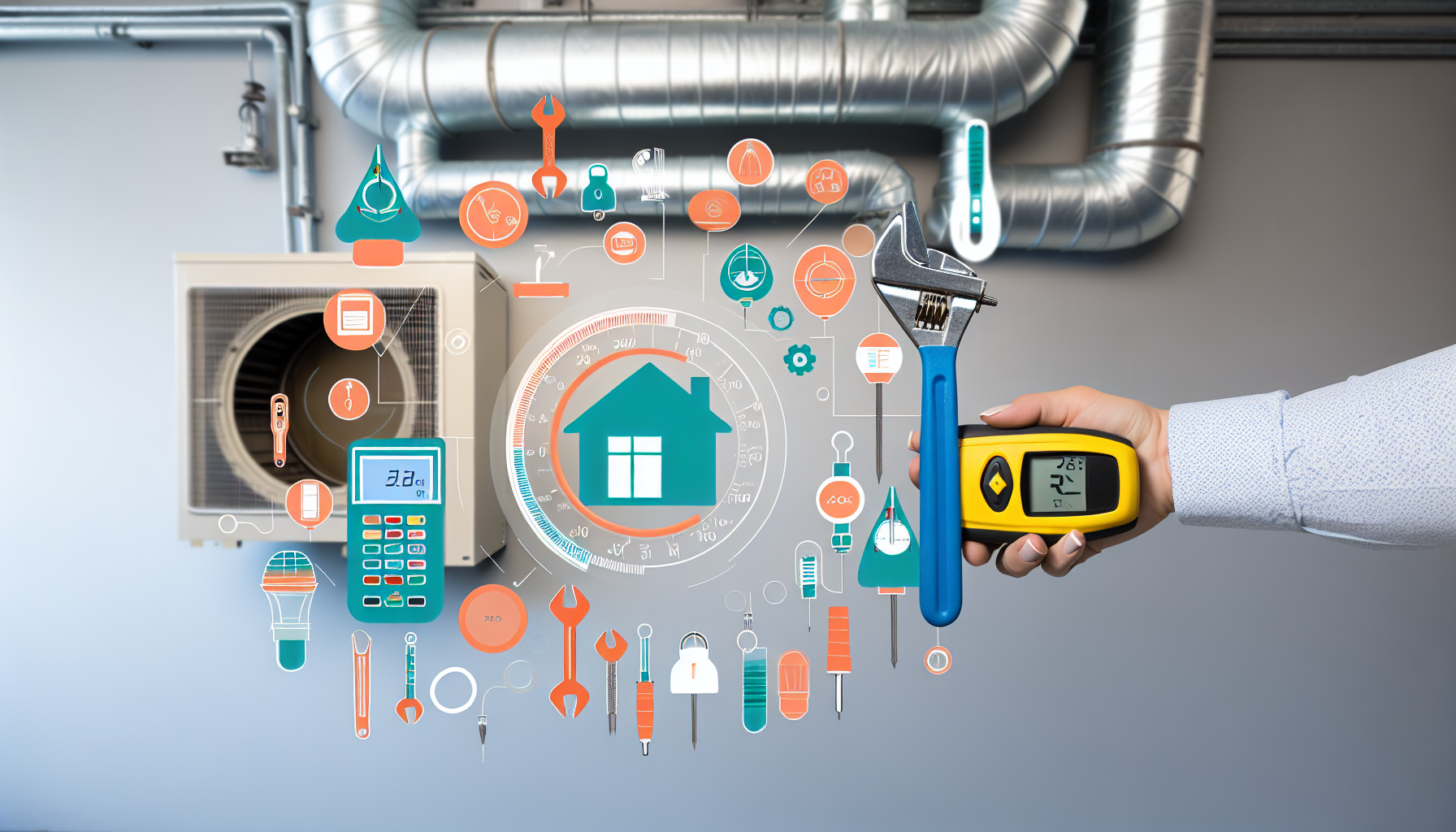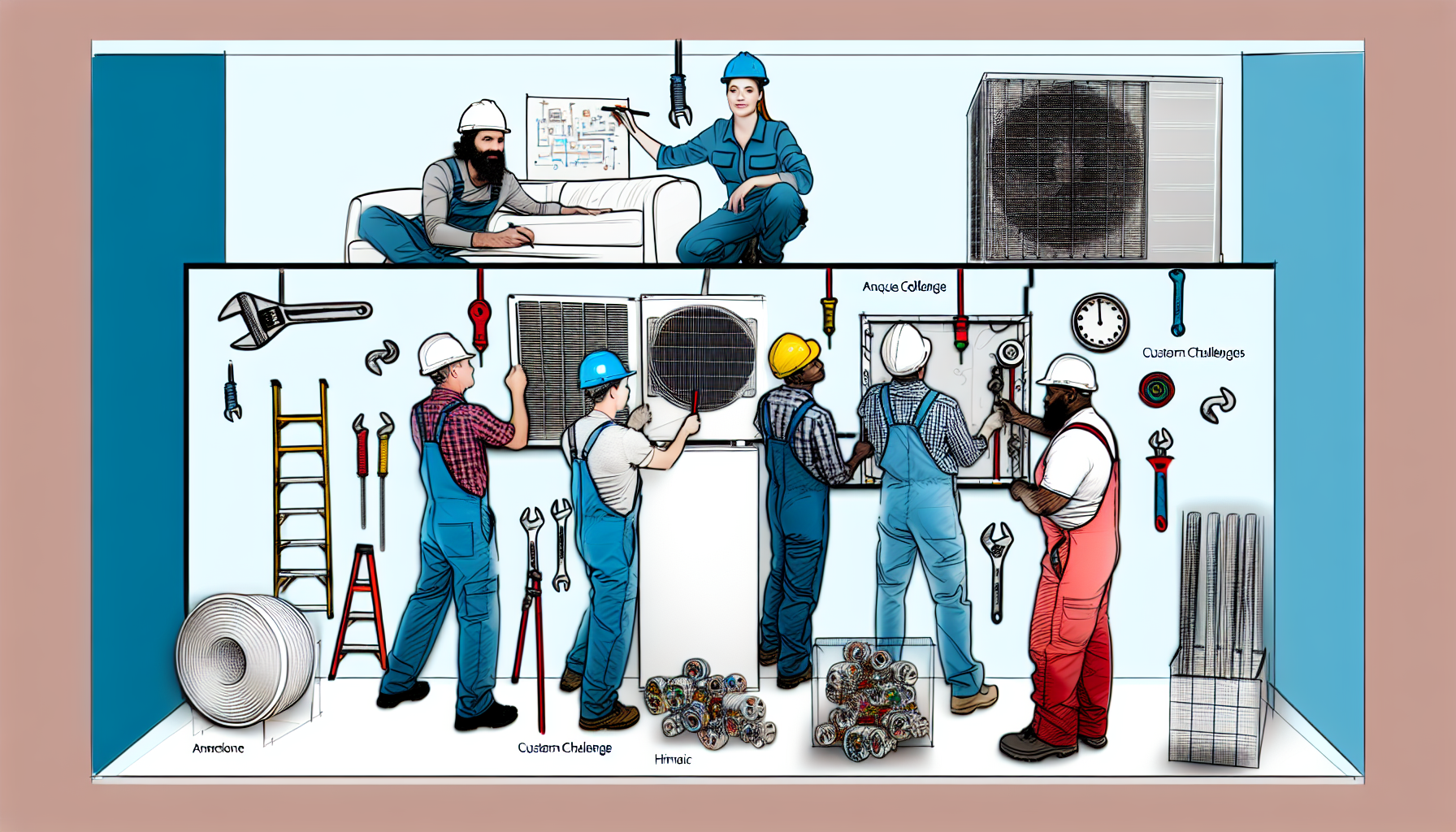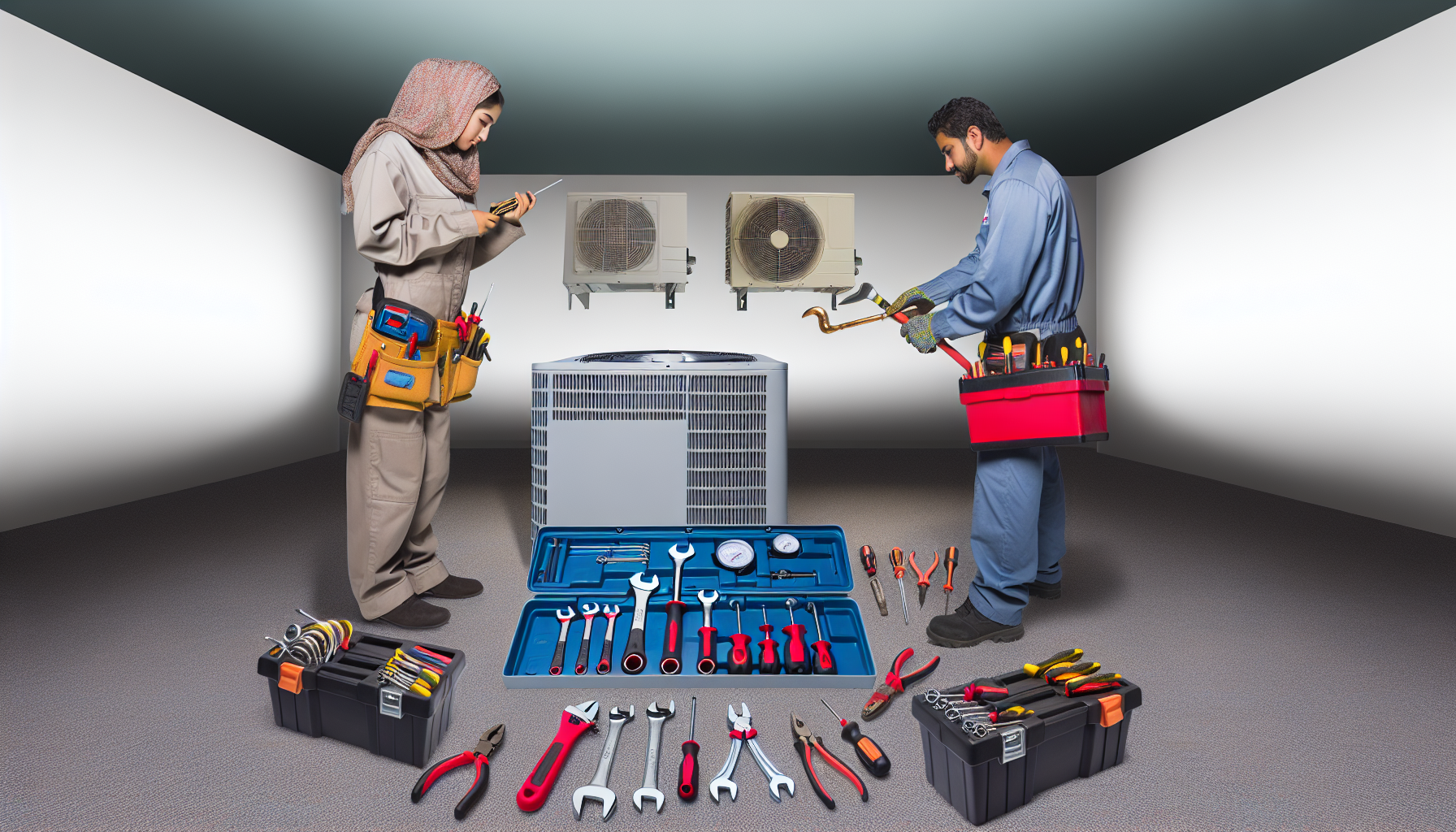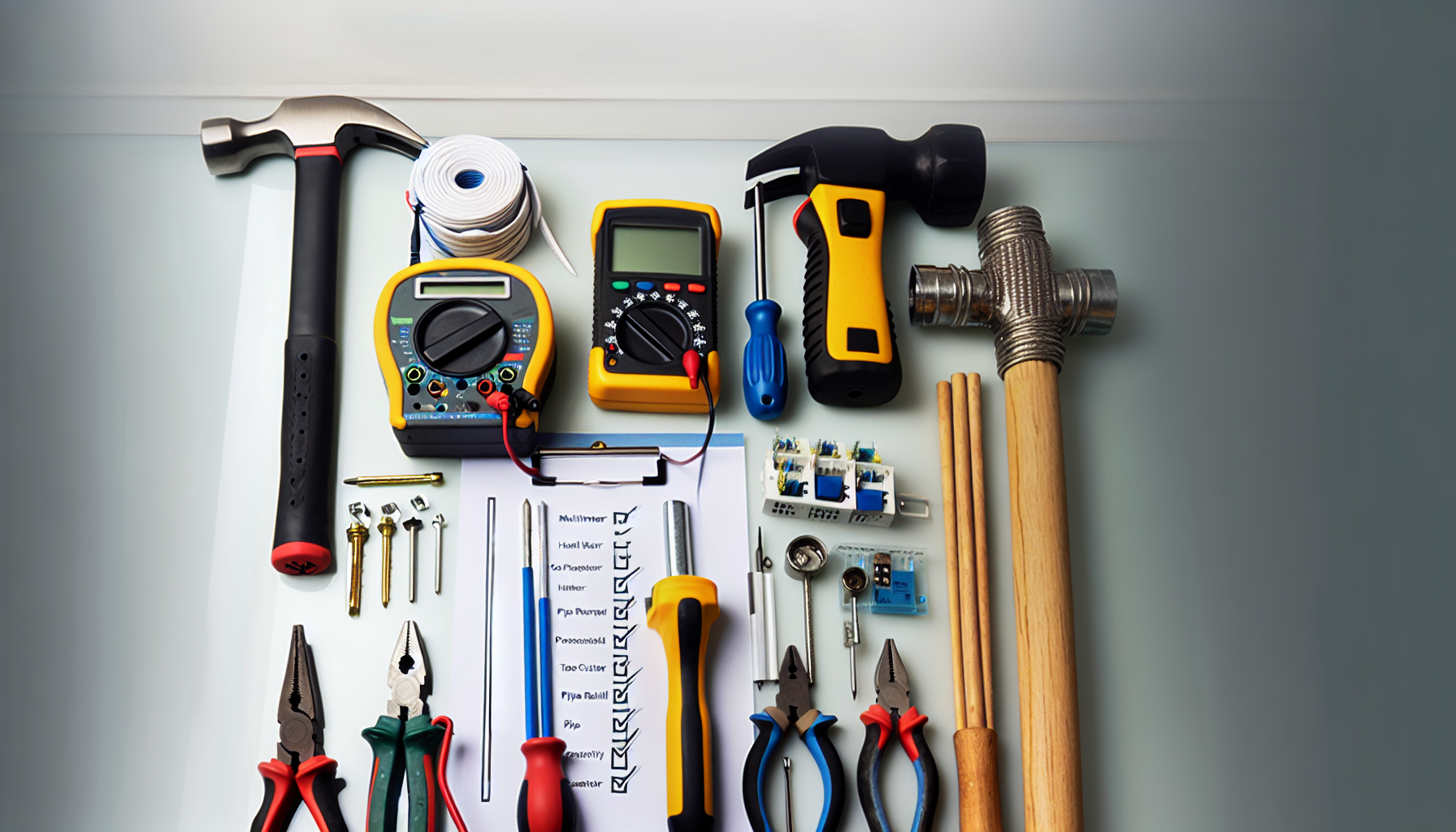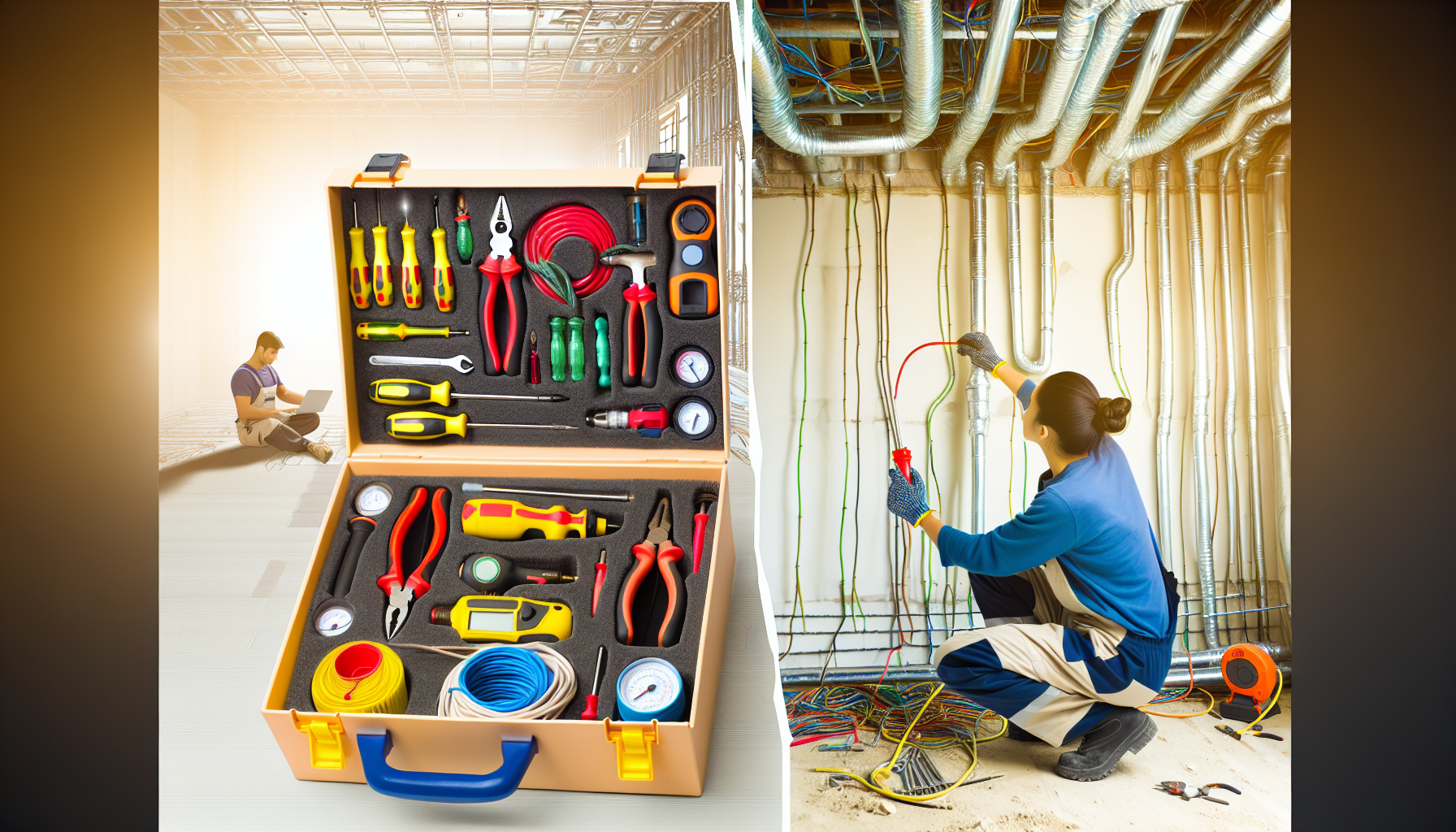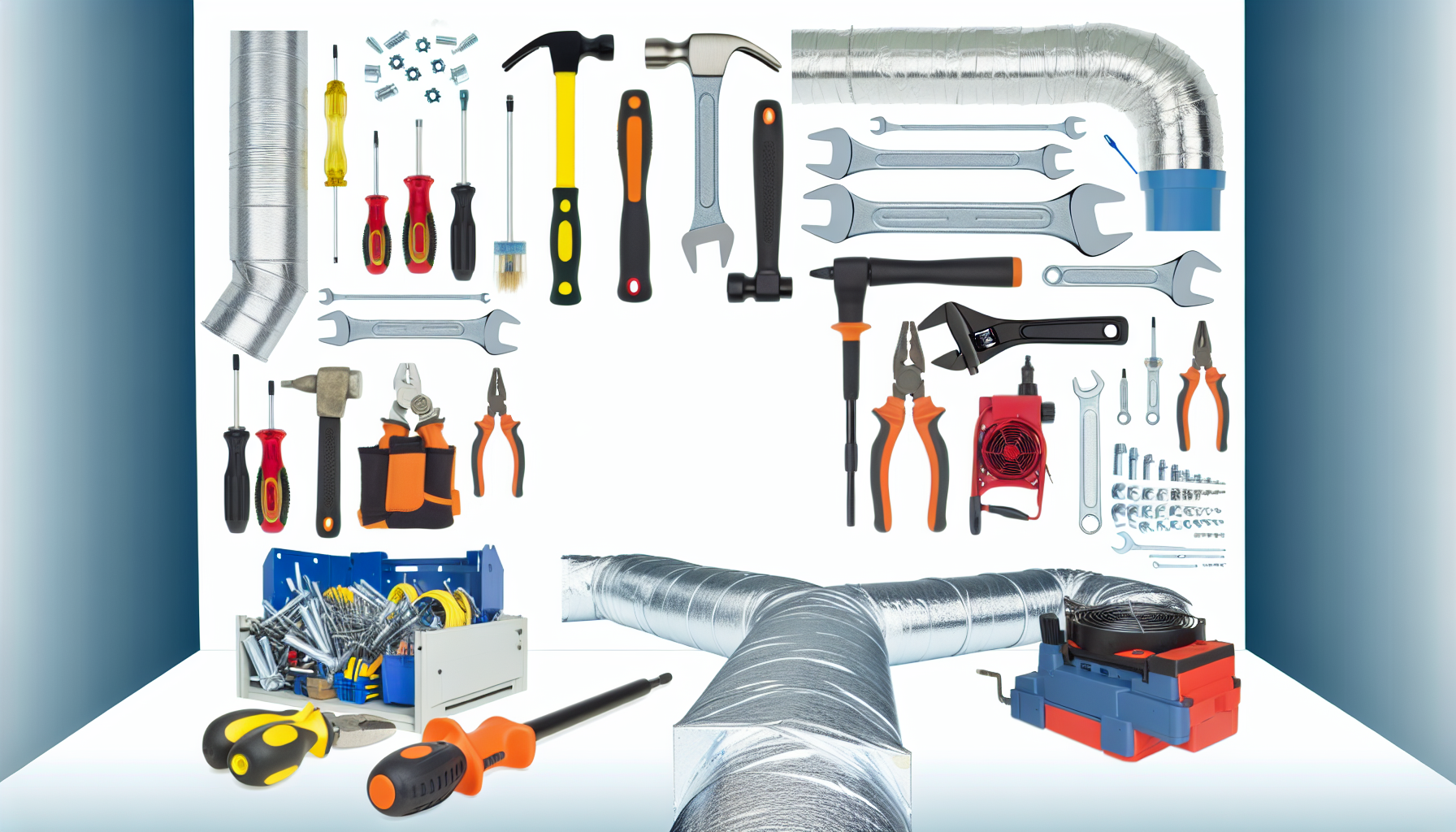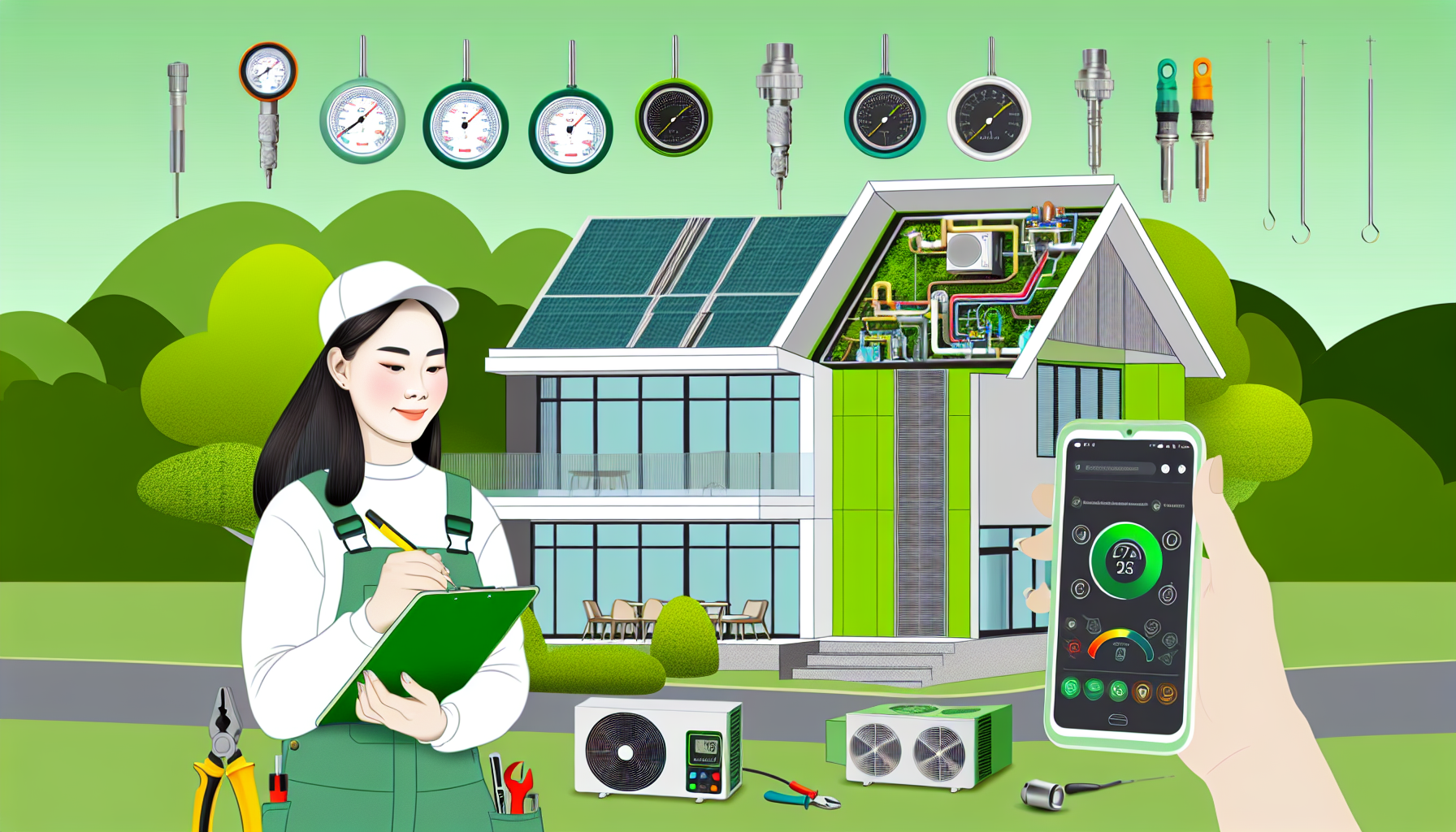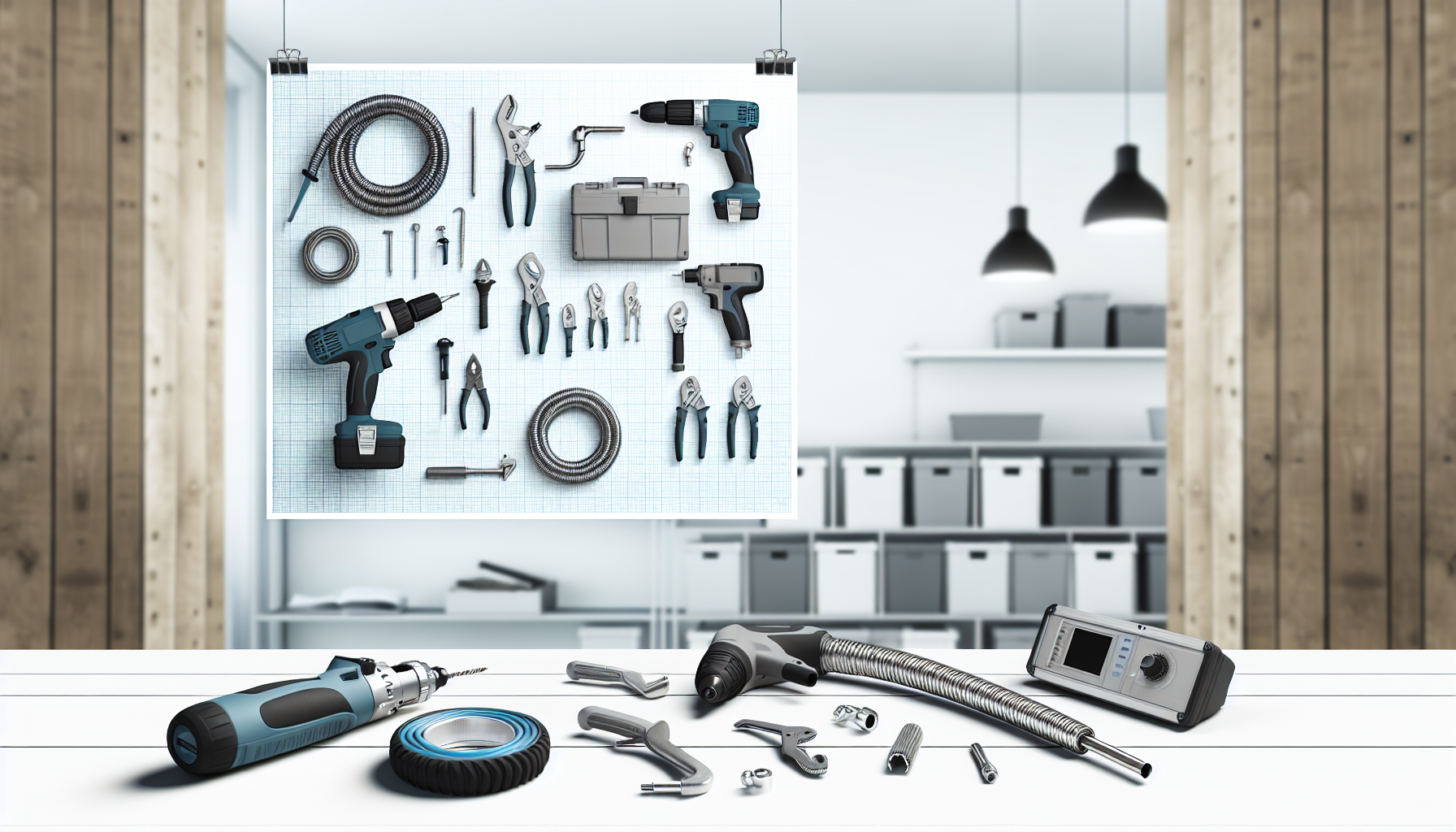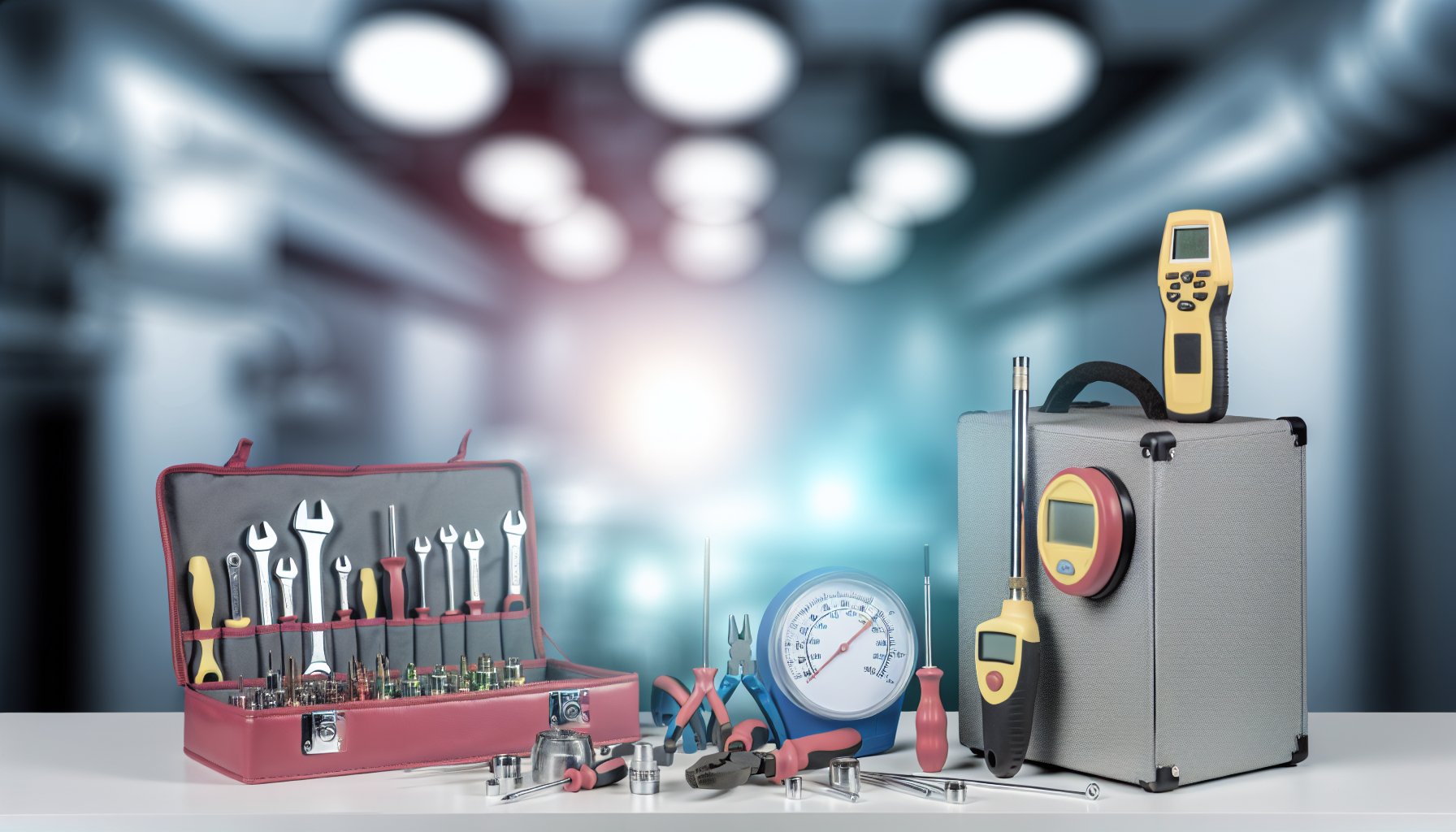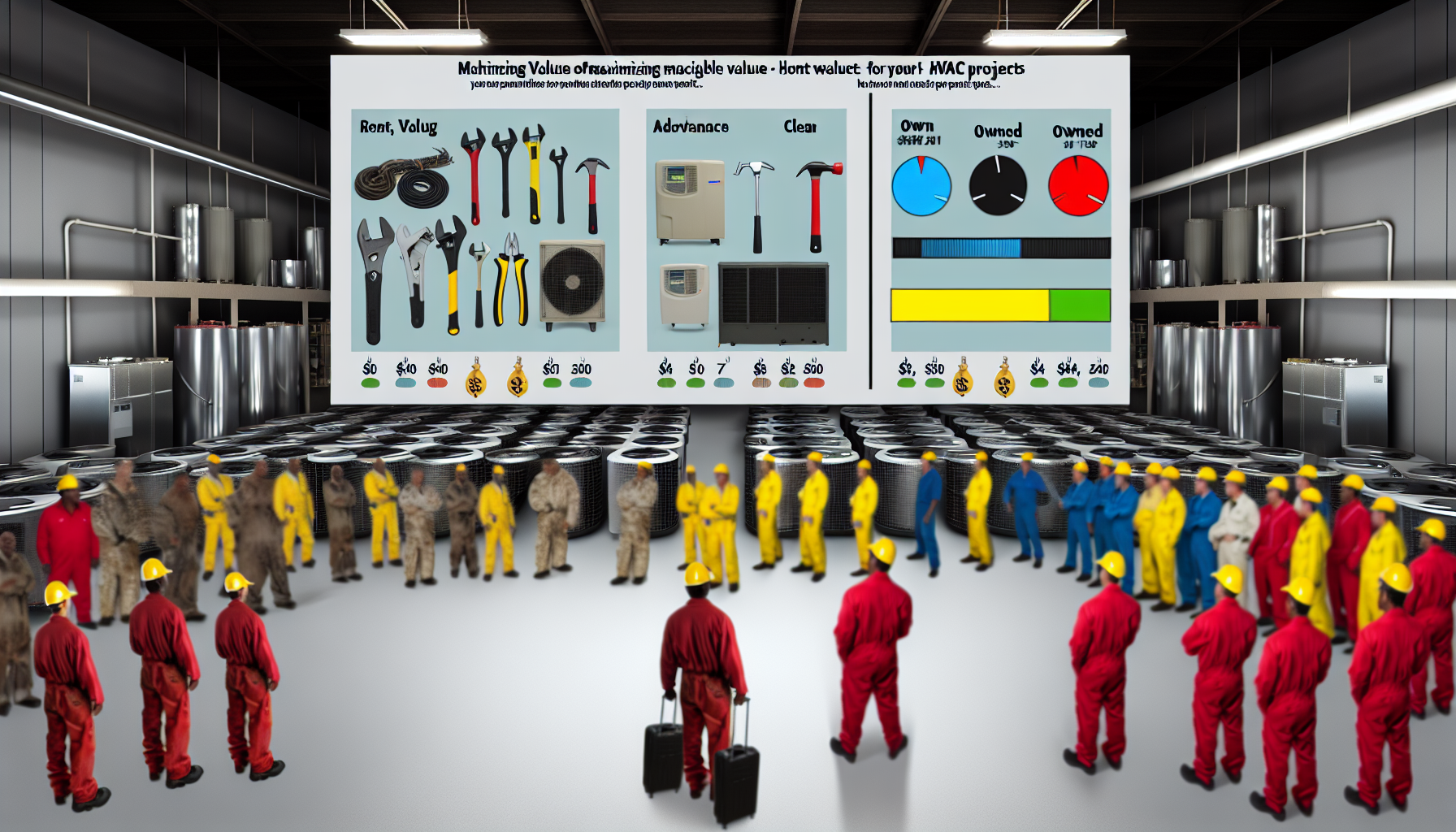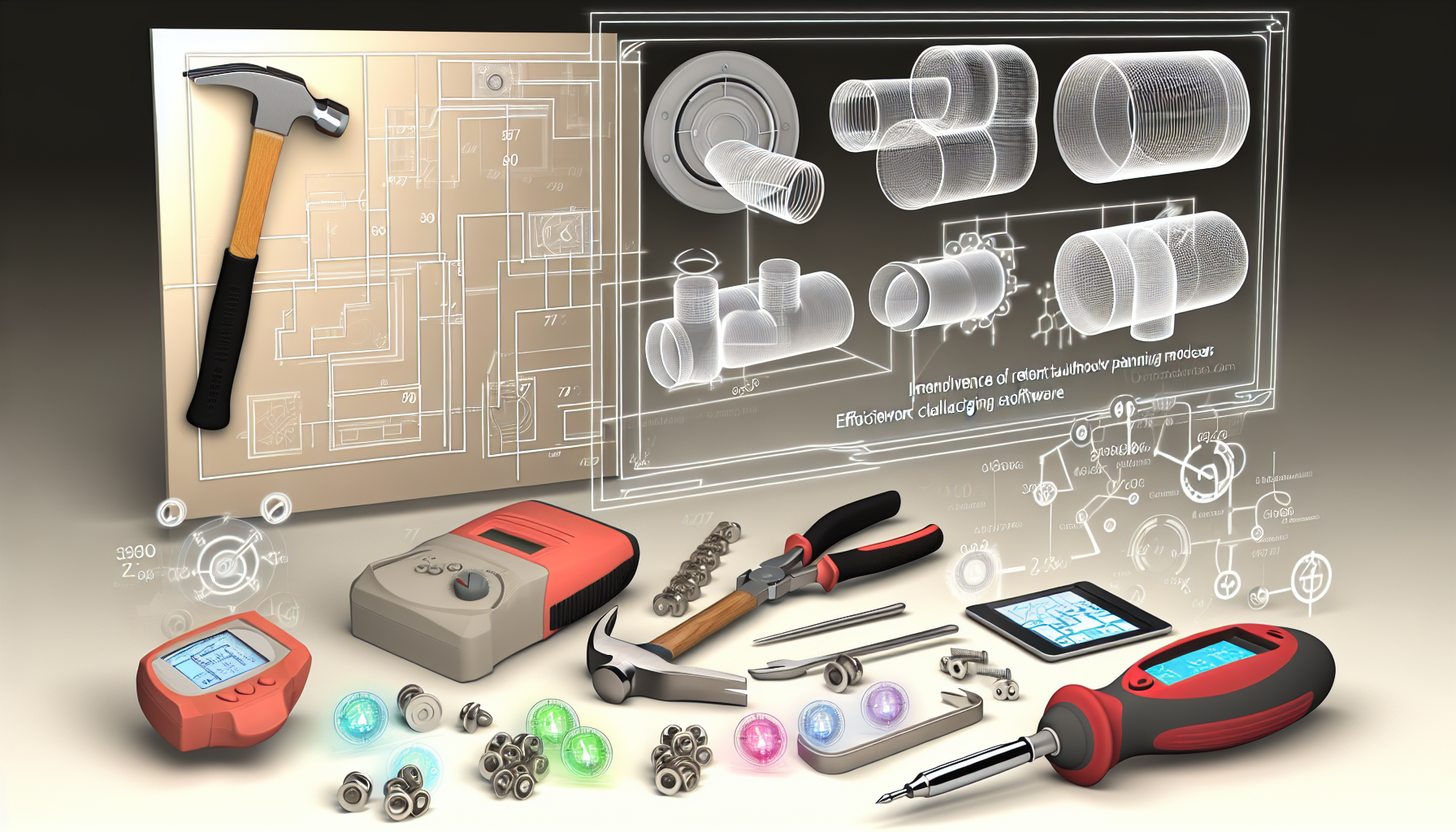Introduction to Modern HVAC Installations
In the world of Heating, Ventilation, and Air Conditioning (HVAC), the winds of change are blowing. The traditional methods once used by HVAC professionals are evolving thanks to the unparalleled efficiency, accuracy, and convenience brought upon by digital tools. For businesses and consumers alike, these advancements mean improved installation processes, better system performance, and enhanced energy efficiency. This blog post dives into how the HVAC industry is being revolutionized by digitalization and why embracing these changes is crucial for future success.
The Power of Going Digital in HVAC
In today’s fast-paced digital era, HVAC companies that leverage the latest technologies stand out from the competition. The integration of digital tools into HVAC installations streamlines operations, minimizes errors, and provides a superior customer experience. Moreover, it contributes to the creation of smarter, greener buildings. Below, we’ll explore some of the most impactful digital tools transforming HVAC.
Digital Design and Simulation Software
Modern HVAC projects start with precise design and planning. Gone are the days of guesswork and approximations; state-of-the-art digital design and simulation software enable HVAC engineers to create accurate, energy-efficient systems tailored to the specific needs of a structure. By simulating various scenarios, they can predict performance, identify potential issues, and optimize systems for peak efficiency before the physical installation begins.
Smart HVAC Systems and IoT Connectivity
With the Internet of Things (IoT), HVAC systems are getting smarter. Smart thermostats, sensors, and controllers allow real-time monitoring and adjustments. This connectivity not only grants homeowners greater control over their environment but also enables predictive maintenance, helping avert costly breakdowns down the line. For businesses, intelligent HVAC solutions can integrate with building management systems (BMS) for a comprehensive view of their operations.
Mobile Project Management Applications
The coordination of installation projects has been vastly improved through mobile project management applications. Teams on the ground can receive instant updates, access project plans, or report back to base with the tap of a screen. This heightened communication reduces misunderstandings and delays, ensuring HVAC installation projects stay on track.
Augmented Reality (AR) for On-site Work
Augmented reality is another game-changer for HVAC installations. Using AR headsets or tablets, technicians can visualize ductwork, wiring paths, and equipment placement within actual physical spaces. This not only aids in planning and executing installations with more precision but also helps with training, as less experienced technicians can see a virtual overlay of their tasks in a real-world environment.
Drones for Inspection and Surveying
No longer just a gadget for hobbyists, drones have taken their place as invaluable tools in the HVAC industry. They’re being used for external inspections of hard-to-access installations or for surveying rooftops and other large areas. This reduces the need for manual inspections, which can be time-consuming and sometimes hazardous.
Benefits of Digital Tools in HVAC Installations
The incorporation of digital tools into HVAC installations presents numerous benefits. Not only do they make processes more efficient, but they also contribute to the longevity and reliability of HVAC systems.
Increased Efficiency and Productivity
Digital tools simplify complex calculations and processes. This immediate access to data and automated tasks leads to time saved, enabling HVAC professionals to complete more installations in less time.
Enhanced Accuracy and Quality Control
Precision is key in HVAC installations. Digital tools reduce the risk of human error and ensure installations meet the required specifications and standards.
Better Energy Efficiency
By accurately designing HVAC systems to meet a building’s specific needs, digital tools lead to more energy-efficient solutions. Smart HVAC systems mean reduced energy consumption and lower operational costs.
Improved Customer Satisfaction
Digital tools enable a smoother, more interactive customer experience. Clients can visualize their HVAC systems before installation and benefit from ongoing energy management and maintenance services provided by smart systems.
Forward-Looking Compliance
As environmental standards and regulations tighten, digital tools help ensure that new HVAC systems are compliant with current and future laws, prevent costly fines, and support sustainability initiatives.
Navigating Challenges in the Digital Transition
Adopting new technologies invariably comes with challenges. For HVAC businesses, this can include the initial financial investment, the learning curve associated with new digital tools, and the need to update existing processes. Adequate training and a strategic approach to implementation are key to overcoming these obstacles.
FAQ Section
What are digital tools in HVAC?
Digital tools in HVAC refer to software, applications, and devices that use digital technologies to enhance the design, installation, operation, and maintenance of HVAC systems.
How do digital tools improve HVAC installations?
Digital tools can improve HVAC installations by providing accurate simulations, enabling better designs, facilitating communication through mobile apps, and using IoT for real-time monitoring and adjustments of HVAC systems.
Are smart HVAC systems expensive to install?
The initial cost of smart HVAC systems can be higher than traditional systems, but they often pay off in the long term through energy savings and lower maintenance costs.
What is the role of AR in HVAC?
AR in HVAC helps technicians visualize the components and layout of HVAC systems within an actual space, providing a more accurate installation and aiding in training scenarios.
Can digital tools in HVAC really lead to better energy efficiency?
Yes, digital tools in HVAC contribute to better energy efficiency by enabling precise system design and facilitating smart systems that can adapt to real-time conditions, thereby using less energy.
Is it necessary for HVAC companies to adopt digital tools?
While it’s not mandatory for HVAC companies to adopt digital tools, doing so can provide a competitive edge, offer improved services, and ensure they remain compliant with modern standards and expectations from energy-conscious consumers.


